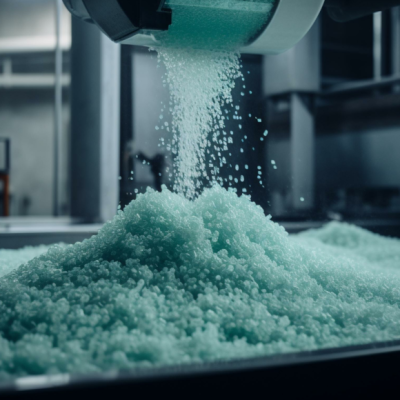In a breakthrough development, researchers have created a molecular robot that can assemble individual molecules into new substances using a tiny gripping arm. The robot, made up of just 150 atoms, was developed by Professor David Leigh and his team at the University of Manchester, with funding from the Engineering and Physical Science Research Council. Despite being a billion times smaller than a grain of salt, the robot can perform complex tasks and is expected to play a crucial role in the future of manufacturing. The researchers believe that molecular robots will be indispensable in the production of machines, materials, medicines, and plastics.
The technology offers a range of benefits over traditional chemical manufacturing, including greater precision, reduced material and energy requirements, and increased purity. The researchers predict that within the next 10 to 20 years, molecular robots will be working on assembly lines, producing highly precise and pure materials. To achieve this vision, the team plans to further shrink technology to the molecular level. The current robot is just the beginning, with the ultimate goal being machines that are as small as possible.
This groundbreaking development has the potential to revolutionize the manufacturing industry, offering new possibilities for the creation of materials and medicines. The team’s work has been published in the prestigious scientific journal Nature, and their research has been hailed as a significant step forward in the field of molecular robotics. As the technology continues to evolve, it is likely that we will see more and more applications for molecular robots in a range of industries.










